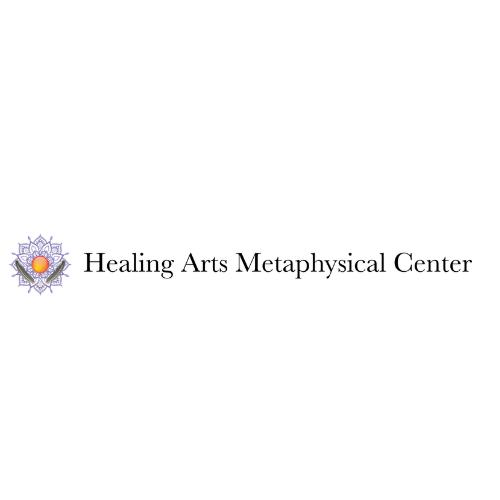




When you experience trauma, your nervous system can become dysregulated. This often leads to symptoms such as anxiety, hypervigilance, and emotional numbness. Dr. Bessel van der Kolk, a leading trauma researcher, emphasizes that trauma is stored in the body, influencing how you respond to stressors in the environment.

Reiki helps activate the body’s relaxation response. This allows your nervous system to shift from a state of fight-or-flight to one of calm and safety. By facilitating relaxation, Reiki can help release stored tension linked to trauma. Its calming and supportive nature provides a nurturing space where you can begin to process trauma at your own pace.

Trauma often creates emotional blockages that can manifest as physical discomfort or persistent negative feelings. Reiki helps to dissolve these blockages, allowing for a smoother flow of energy and emotional release.
Reiki encourages you to tune into your body and emotions. This increased awareness can be vital for processing trauma, as it allows you to recognize patterns and triggers, fostering a deeper understanding of your emotional landscape.

If you ' re considering integrating Reiki into your personal healing journey, finding a reputable holistic and wellness center can be beneficial. Look for practitioners who have experience working with trauma. Through its calming effects and ability to release emotional blockages, and can significantly enhance your emotional well-being as well as physical health. Whether you are seeking relief from stress or working through deeper emotional wounds, you can consider exploring this holistic approach to support your journey toward emotional health.
